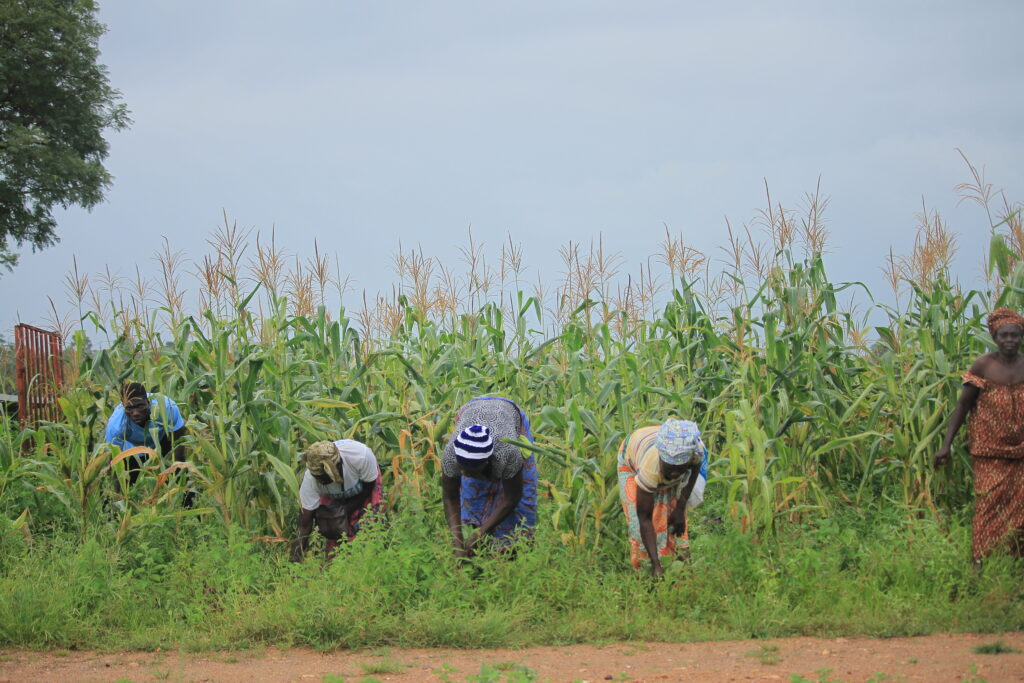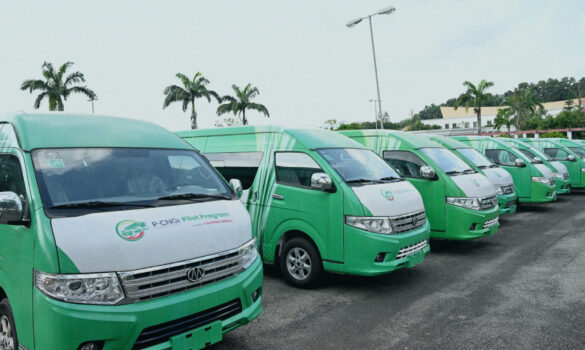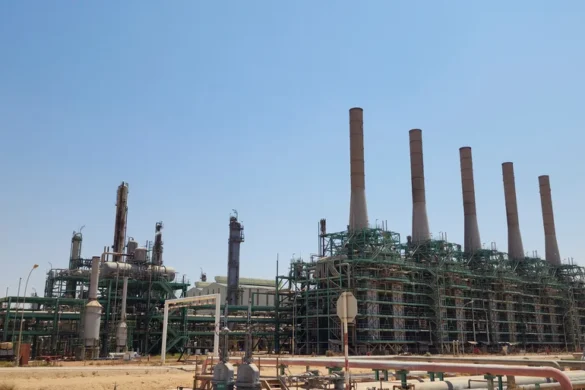- The grant funds will come from the African Development Bank’s Transition Support Facility, a mechanism to help fragile African states
The Board of Directors of the African Development Bank Group has approved a €5.76 million grant to the Comoros to increase food production and enhance the resilience of its food system. The move comes as the country has experienced rising food prices due to the war in Ukraine.
The grant funds will come from the African Development Bank’s Transition Support Facility, a mechanism to help fragile African states consolidate peace, build resilient institutions, stabilize their economies, and lay the foundations for inclusive growth.
Under the Emergency Agricultural Production Support Project, the grant will support intensified production of maize, potatoes, and sweet potatoes through the use of climate resilient certified seeds and varieties. The funding will also help boost poultry production and the supply of eggs and chicken for consumption.
Agricultural producers in the country will receive 270 tons of maize and potato seeds and 300,000 sweet potato vines. They will also receive 75 tons each of DAP binary fertilizer, NPK (nitrogen, phosphorus, and potassium) fertilizer and urea fertilizer, as well as phytosanitary products.
Under the project, farmers will also take delivery of four tractors and 20 power tillers. Sixteen laying and broiler houses will be built to house 160,000 day-old chicks (broiler and laying). About 10,780 producers will receive training in the production, processing and conservation of maize, potatoes, and sweet potatoes. Further, 3,220 poultry farmers will be trained in breeding techniques and poultry management. Lastly, the project will establish a guarantee fund for producers of agricultural inputs and feed importers.
More than 14,000 households, about 70,000 people, living on the country’s three islands—Grande-Comoros, Anjouan and Mohéli – will benefit from the project. Beneficiaries are covered by a dozen rural economic development centres and 400 professional agricultural organizations, 55% of which are owned by women.
To address the impact of rising food prices resulting from the war in Ukraine, the Board of Directors of the African Development Bank Group on 20 May 2022 approved a $1.5 billion African Emergency Food Production Facility. It has begun providing quality seeds (wheat, rice, maize, and soybean), fertilizers and other support services to 20 million farmers across Africa. The goal is to produce an additional 38 million tons of food over the next two years, with an estimated $12 billion value.




